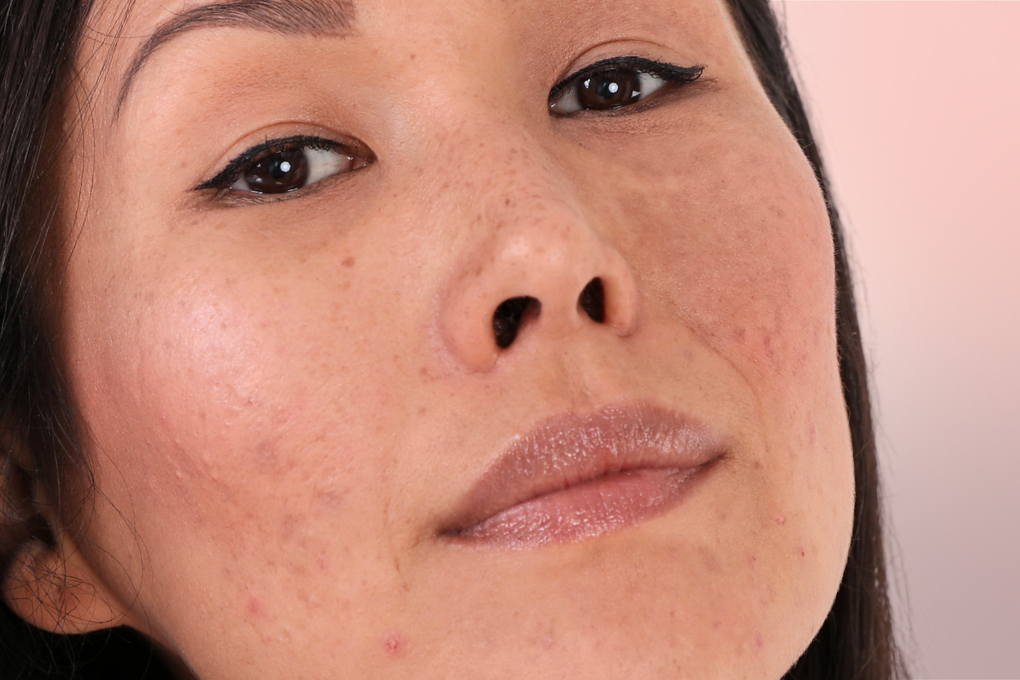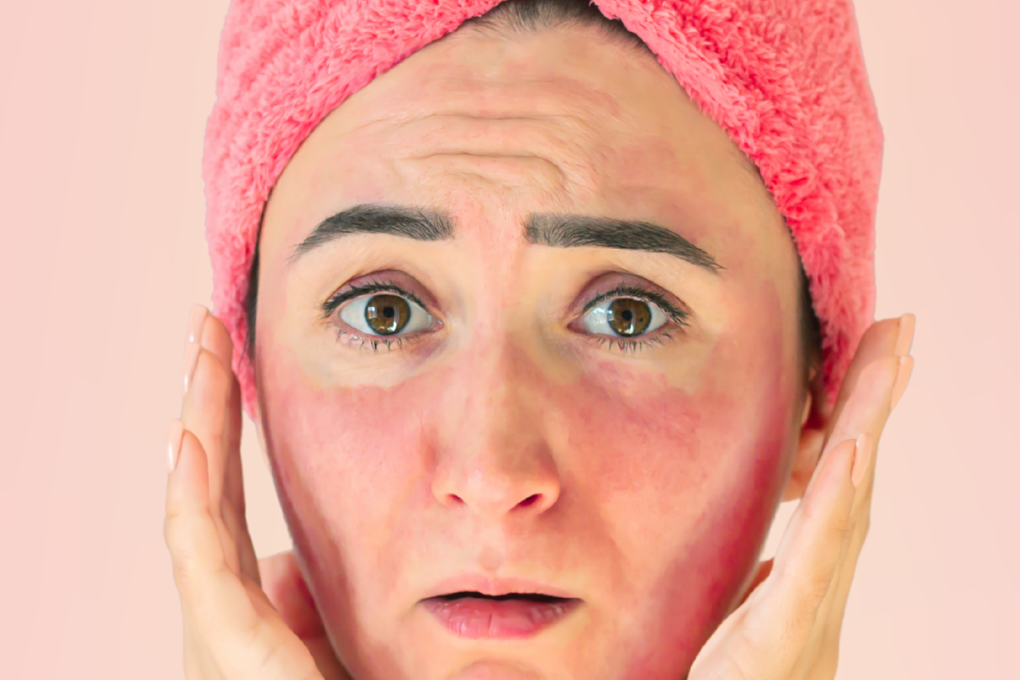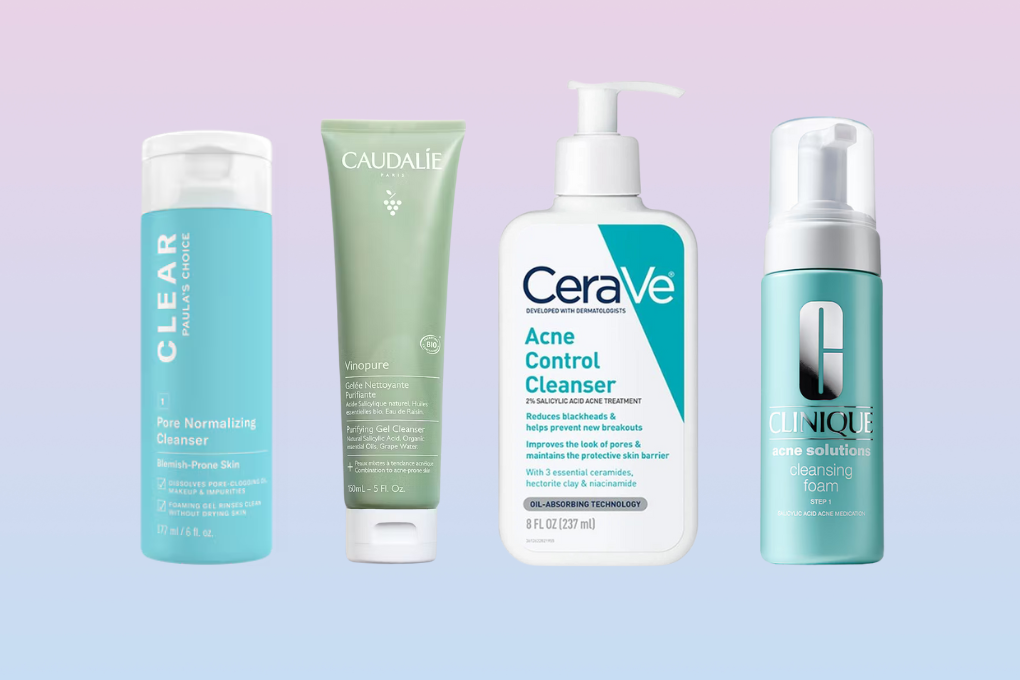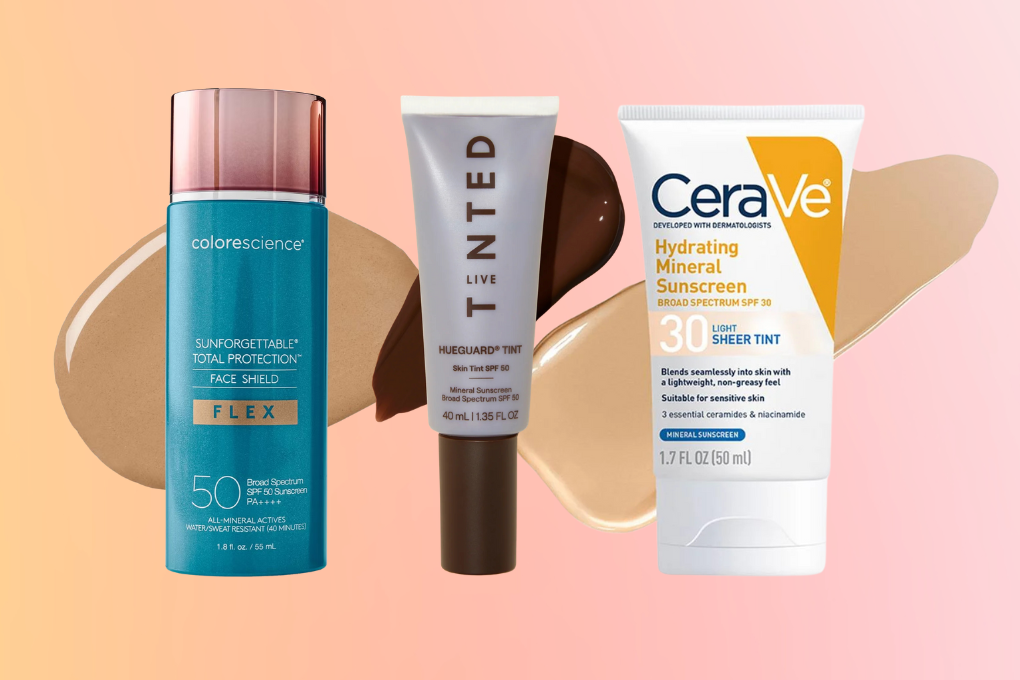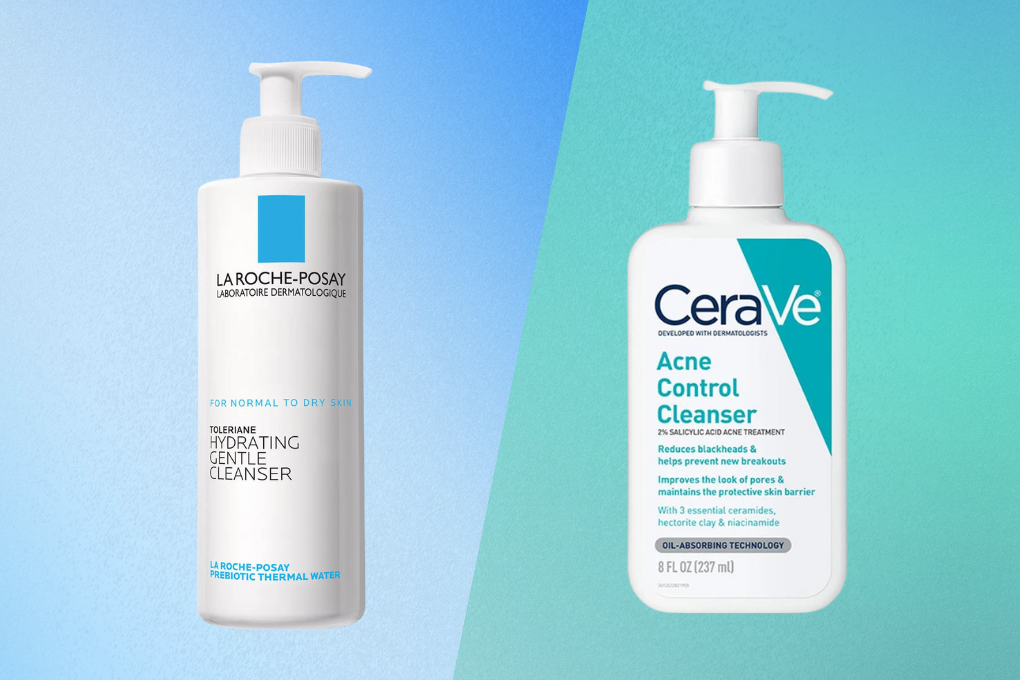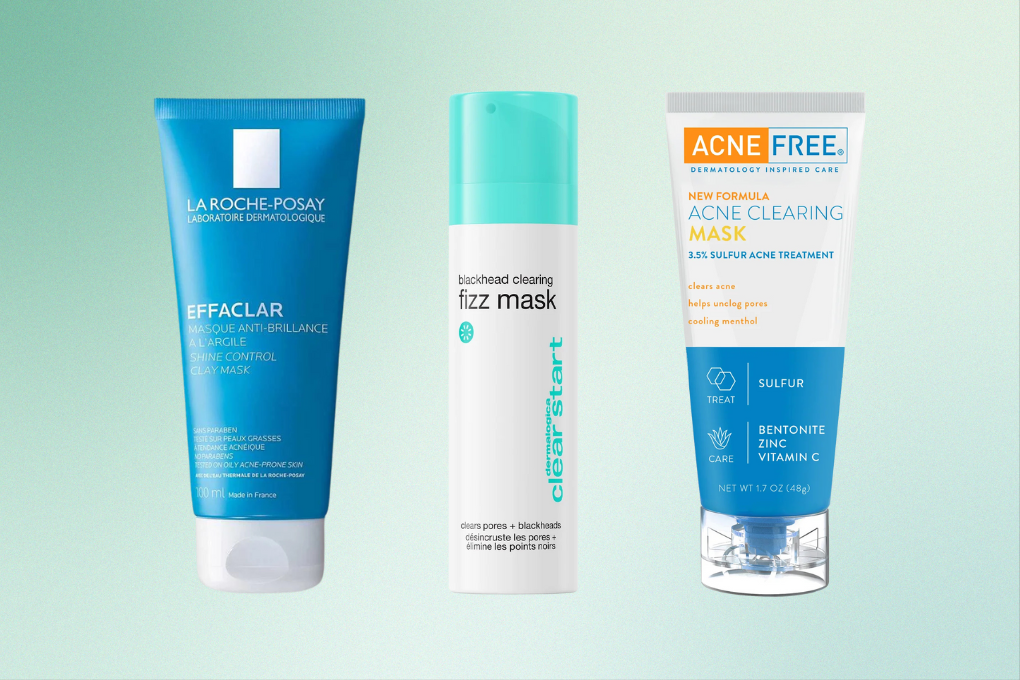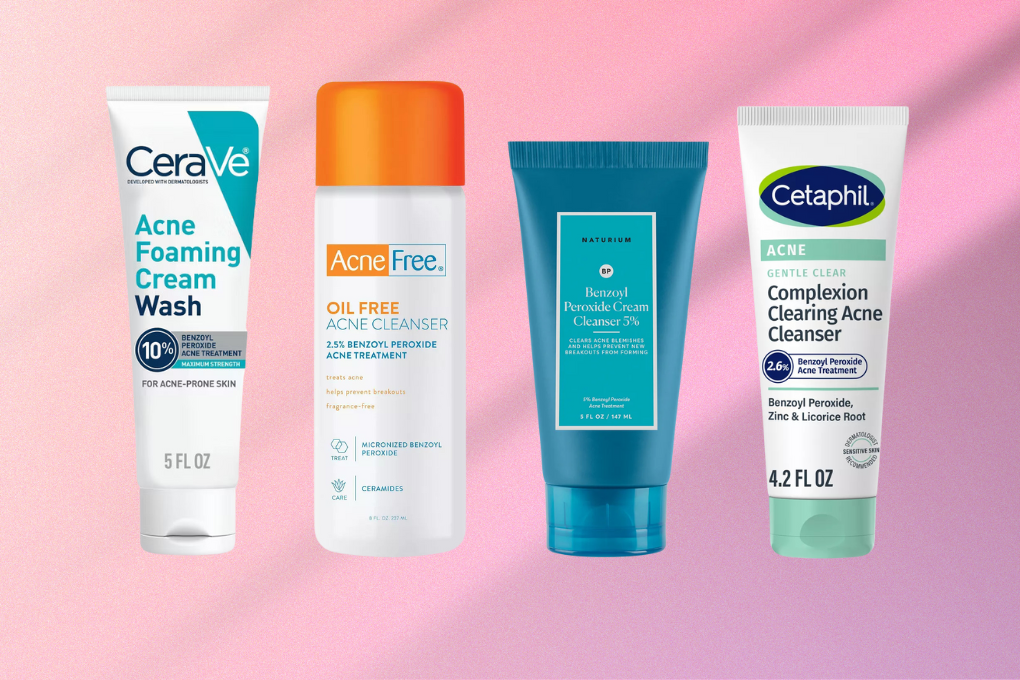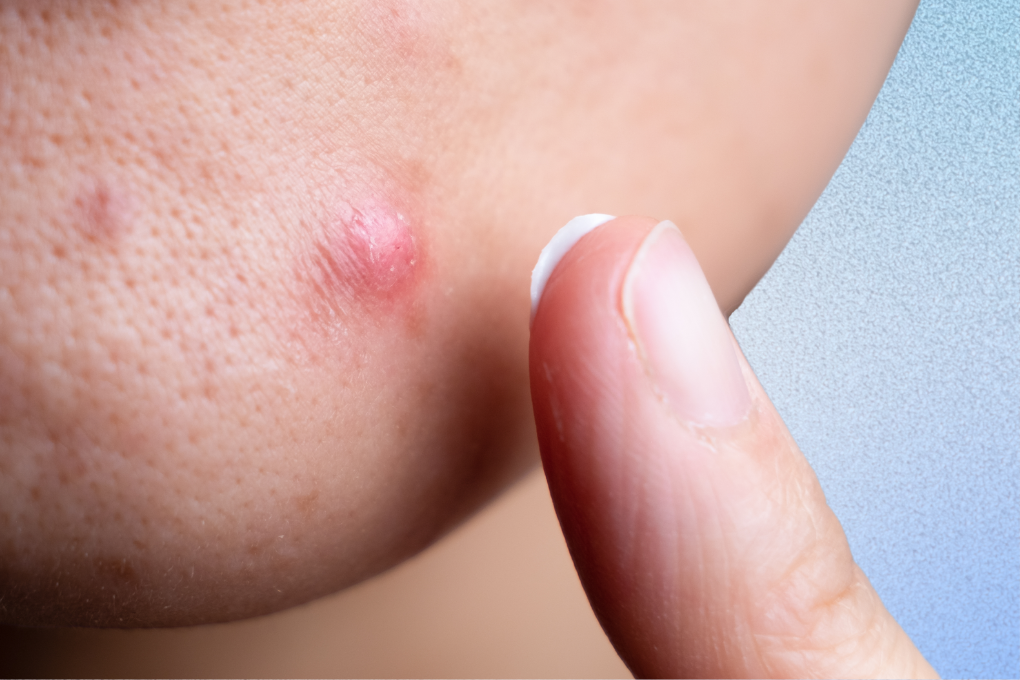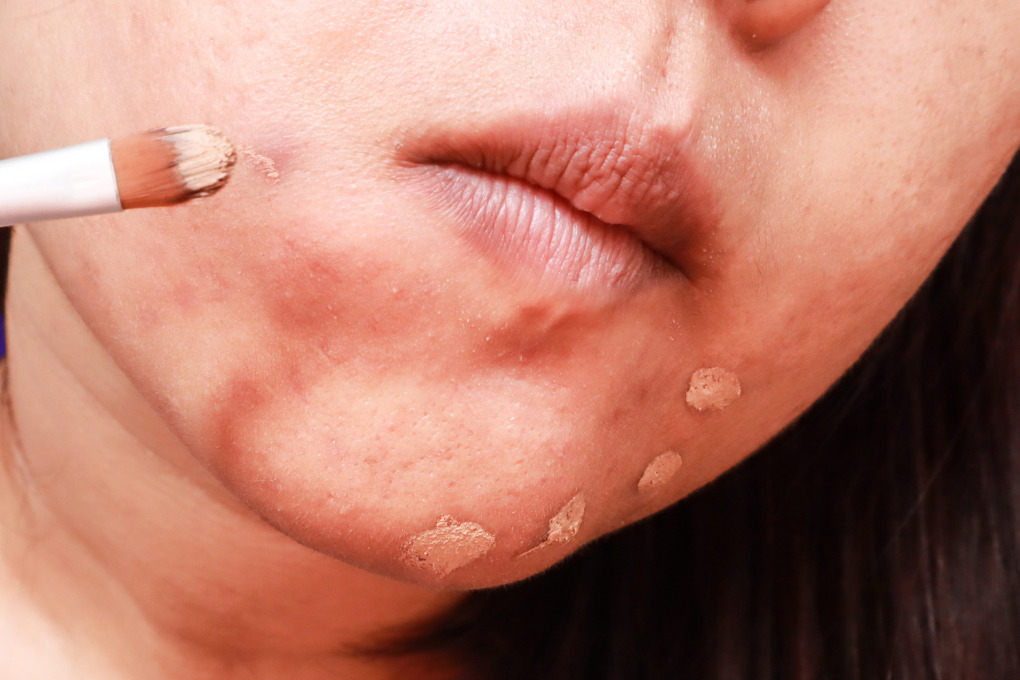We tend to think of our skin care routines as a daily repetition with a different variation for morning and night. But what if we’ve been thinking about it all wrong? If applying the same products every day hasn’t been effective for you or is causing irritation from active ingredients, consider switching to “skin cycling.”
What is Skin Cycling?
If you’ve spent time on the skincare side of social media, you may have come across the concept of “skin cycling,” a skincare strategy that’s currently gaining a lot of attention. Unlike typical skin care routines that use the same products every day, a skin cycling routine focuses on different active ingredients on different days, as well as incorporating rest days.
Think of skin cycling as a structured routine for your skin, akin to a balanced exercise regimen that rotates heavy lifting days with recovery days.
Skin cycling involves alternating the use of different products over a set cycle, typically spanning four nights. This method is designed to maximize the benefits of each active ingredient while minimizing potential irritation and over-exfoliation. Dr. Whitney Bowe, a New York dermatologist originally coined the term “skin cycling” on TikTok:
Skin cycling is particularly beneficial for those with sensitive skin or individuals who are new to potent skincare actives. It offers a balanced approach, reducing the risk of irritation and damage to the skin barrier by active ingredients applied every night. Regular skin cycling can lead to improved skin texture, clarity, and overall health, while reducing the likelihood of adverse reactions.
Skin Cycling Products
When engaging in skin cycling, choosing the right products for each phase of the cycle is crucial for achieving the best results while minimizing irritation. Keep the rest of the products in your routine gentle and free from pore-clogging ingredients. Here’s a breakdown of the types of products best suited for each stage of skin cycling:
Exfoliants
Look for leave-on products containing alpha hydroxy acids (AHAs) like glycolic acid or lactic acid, which are effective for surface exfoliation, or beta hydroxy acids (BHAs) such as salicylic acid, which are great for deep pore cleansing. Some products even include both BHAs and AHAs. Opt for formulations that are gentle to avoid over-exfoliating the skin.
REN Clean Skincare Ready Steady Glow Daily Tonic with Lactic Acid and Salicylic Acid
Ready Steady Glow Tonic by Ren Skincare contains the best of both worlds, with both lactic acid and salicylic acid in its formula. Lactic acid helps remove dead skin cells from the surface to smooth, while salicylic acid can penetrate oil to help clear pores. This dual approach is a great option if you have oily skin and blackheads, but would also like to address skin texture and tone. Additionally, azelaic acid precursors help brighten skin and fade hyperpigmentation.
- Lactic acid smooths texture
- Salicylic acid helps keep pores clear
- Azelaic acid precursors help even skin tone
- Contains fragrance
- Citrus oils may be irritating for some skin types
Paula's Choice Skin Perfecting 8% AHA Gel Exfoliant with Glycolic Acid
Paula's Choice 8% AHA Gel Exfoliant is a unique glycolic acid leave-on product that comes in a weightless gel texture. Glycolic acid in an 8% strength helps to shed layers of built-up dead skin, which can clear pores blocked by dead skin cells. This exfoliation helps to smooth texture, even skin tone, and even reduce the appearance of fine lines. Chamomile and green tea help soothe the skin and protect it from environmental stressors, and hyaluronic acid hydrates and plumps.
- Glycolic acid smooths texture and fine lines
- Green tea and chamomile calm and soothe redness
- Expensive for the size
- May be too strong for daily use
The Ordinary Glycolic Acid 7% Exfoliating Toner with Brightening and Smoothing AHA
The Glycolic Acid Exfoliating Toner from the Ordinary contains 7% glycolic acid to remove dead skin cells and even skin texture, along with Tasmanian pepperberry extract to reduce irritation that can come with exfoliation. While ostensibly a facial toner, many people find it a multi-use product for the whole body. Its exfoliating properties can help with body acne, dandruff, keratosis pilaris bumps on the arms, and it can even be used as a deodorant to reduce body odor.
- 7% glycolic acid helps smooth skin texture
- Tasmanian pepperberry extract helps soothe
- Can also be used on body or as deodorant
- Can be irritating for sensitive skin, start slowly
Paulas Choice Skin Perfecting BHA Liquid Exfoliant with 2% Salicylic Acid
Paula's Choice 2% BHA Liquid Exfoliant is a fan favorite for good reason. This lightweight toner refreshes skin and uses 2% strength of salicylic acid to exfoliate and clear pores. It has an optimal pH, which is important for exfoliants to get maximum effectiveness without irritation, and it contains soothing green tea to support the skin’s barrier. But watch out because this gentle formula is still strong, so remember to ease into use.
- Optimal pH for acid
- Green tea to soothe and support skin barrier
- Expensive
- Too strong for some skin types
Retinoids
Choose a topical retinoid product based on your skin’s tolerance. Options include over-the-counter retinol or adapalene for beginners or more potent prescription retinoids like tretinoin for those with more retinoid experience or specific skin concerns. For sensitive skin, consider applying a moisturizer before the retinoid to buffer its intensity.
La Roche-Posay Effaclar Adapalene Gel 0.1% Treatment
From La Roche-Posay's Effaclar line, which is designed for acne-prone skin, comes their adapalene 0.1% treatment gel. Adapalene is a prescription-strength retinoid available over the counter in the U.S. in 0.1% strength. It works by increasing cell turnover to help prevent acne and can be used to treat blackheads, whiteheads, clogged pores, pimples, and even KP bumps on the arms. La Roche-Posay's version comes in an effective fragrance-free gel that you apply in a thin layer to your face or body once a day.
- Maximum over-the-counter strength
- Non-greasy gel-like texture
- HSA and FSA eligible
- Expensive
The Ordinary Retinal 0.2% Emulsion High-Strength Stabilized Retinaldehyde Serum
The Ordinary has many different retinoid products to choose from, but their Retinal 0.2% Emulsion is their highest strength formula. While primarily advertised for aging, the retinaldehyde in this product is a one-step away from prescription tretinoin (the active form of vitamin A), making it a great retinoid entry point for acne-prone skin. This serum-textured formula will increase cell turnover, helping to remove dead cells that can clog pores.
- Retinaldehyde is a strong over-the-counter retinoid
- Airless pump to protect formula
- Light creamy serum texture
- Small amount
- Yellow hue can rub off on light fabrics
Repair
For your rest nights, incorporate hydrating serums and soothing moisturizers with ingredients like hyaluronic acid, glycerin, or panthenol to boost skin moisture. You can also look for products containing ceramides, centella asiatica, allantoin, or fatty acids to soothe irritation and promote healing.
Paula's Choice Hyaluronic Acid Booster Serum with Ceramides
The Hyaluronic Acid Booster from Paula's Choice is a concentrated serum that deeply hydrates and moisturizes skin. This liquid gel formula is designed to either be used alone or added to a moisturizer or another serum to simplify your routine. Glycerin, hyaluronic acid, and panthenol attract moisture and plump the skin, while ceramides and cholesterol strengthen the skin's barrier to retain the hydration. While expensive, this is a great choice for dehydrated skin that needs a little boost.
- Concentrated serum
- Deeply hydrates and plumps
- Ceramides and cholesterol support skin barrier
- Expensive for small size
EltaMD Skin Recovery Lightweight Moisturizer for Damaged Skin Barrier with Amino Acids
Elta MD's Skin Recovery Light Moisturizer is a weightless lotion designed with acne-prone and sensitive skin in mind. It uses the brand's patented AAComplex of amino acids to restore the skin's natural barrier, which makes it one of our favorite moisturizers to use alongside a strong acne treatment. With hyaluronic acid, glycerin, squalane, and coconut extract, this lotion soothes and moisturizes dehydrated skin while calming irritation and redness.
- Lightweight with hydrating ingredients
- AAComplex restores skin barrier
- Great option when using harsh acne treatments
- Expensive
Typical Skin Cycling Routine
A skin cycling schedule involves rotating the use of different skincare products at night while using your standard gentle products and sunscreen in the morning. It typically involves a four-night cycle that includes:
Day One: Exfoliation
The cycle begins with exfoliation. On this night, you should use a product containing alpha hydroxy acids (AHAs) like glycolic acid or lactic acid or beta hydroxy acids (BHAs) such as salicylic acid. These chemical exfoliants work by dissolving dead skin cells, promoting cellular turnover, and unclogging pores. This process helps to smooth your skin’s texture and enhance the penetration of the product used the next night.
Day Two: Retinoids
The second night is dedicated to retinoids. Retinoids are derivatives of Vitamin A and are renowned for their ability to stimulate collagen production, accelerate cell renewal, and improve skin concerns such as acne, wrinkles, and hyperpigmentation. By doing a night of retinoid application a day after exfoliation, your skin is more receptive, allowing for deeper penetration and effectiveness.
Days Three and Four: Repair
The following two nights are focused on recovery. These nights are crucial as they give your skin a break to recuperate and repair itself from the active treatments. Products used during this phase are typically gentle and nourishing, emphasizing hydration and soothing ingredients. This rest period helps to restore the skin barrier, maintain hydration levels, and reduce the risk of irritation.
Skin Cycling for Acne Prone Skin
Skin cycling can be particularly beneficial when you have acne-prone skin because it offers a way to incorporate potent products gradually, reducing the risk of irritation.
The first night of a skin cycling routine uses chemical exfoliants like AHAs and BHAs to help unclog pores and remove dead skin cells, which are root causes of acne. Using retinoids the next night further unclogs pores and reduces inflammation, while also promoting cell turnover, which can help heal existing acne and prevent new breakouts. Retinoids are well-known for their efficacy in treating acne.
Recovery nights are also crucial, especially for those of us whose skin is sensitive as well as acne-prone. Allowing the skin to rest and heal for a couple of nights reduces the potential for irritation, which can exacerbate acne. By providing a balance between active treatment and recovery, skin cycling helps in managing acne effectively, while also ensuring the overall health and resilience of the skin.
Does Skin Cycling Cause Purging?
Purging is a reaction where acne appears to worsen before it improves. This happens because active skincare ingredients accelerate the skin’s natural exfoliation process, bringing underlying issues like clogged pores to the surface as pimples.
If you don’t already use exfoliants and retinoids in your skin care routine, introducing them through skin cycling could lead to purging while these active ingredients bring any future breakouts to the surface faster. The benefit of skin cycling is that it spaces out the use of potent ingredients, which can potentially reduce the severity and likelihood of purging compared to beginning with daily use of exfoliants or retinoids.
Purging typically occurs in areas where you usually experience breakouts and should start to improve within 4-6 weeks. If breakouts appear in new areas or your skin condition doesn’t improve within this timeframe, it might not be purging but rather a reaction or sensitivity to a product. If irritation or breakouts are severe or concerning, it’s important to consult with a dermatologist.
Patience is key during purging. As the skin adjusts to the new routine, it’s important to maintain consistency to see the full benefits. During recovery nights, focus on gentle, hydrating products to soothe and repair the skin. This helps mitigate the intensity of purging and supports skin health.
Skin cycling is all about balance, making it a promising approach for all of us struggling with acne. When you embrace the cycle, exfoliants, retinoids, and soothing agents each take their nightly turn, and your skin can benefit from each without getting overwhelmed.





